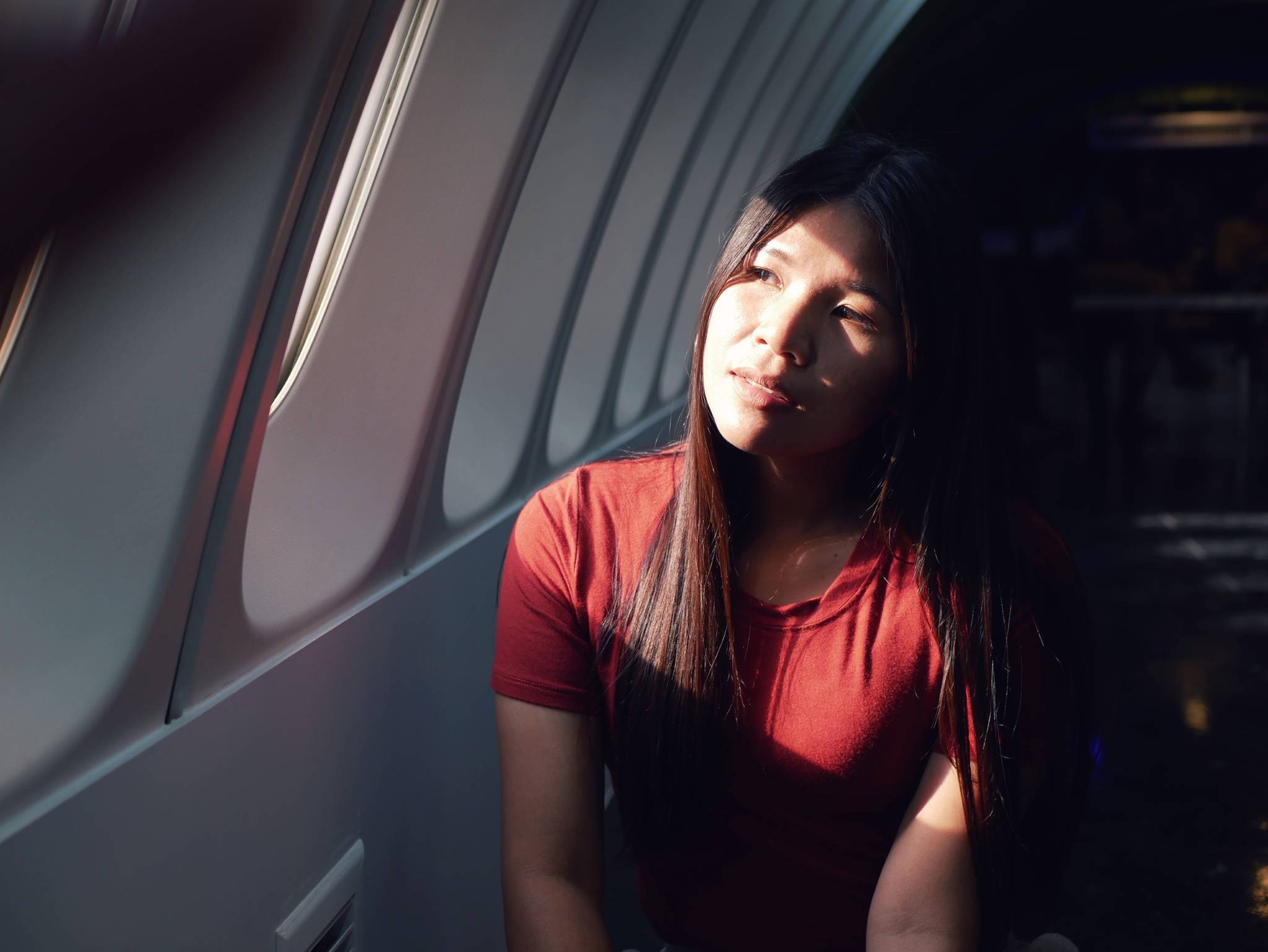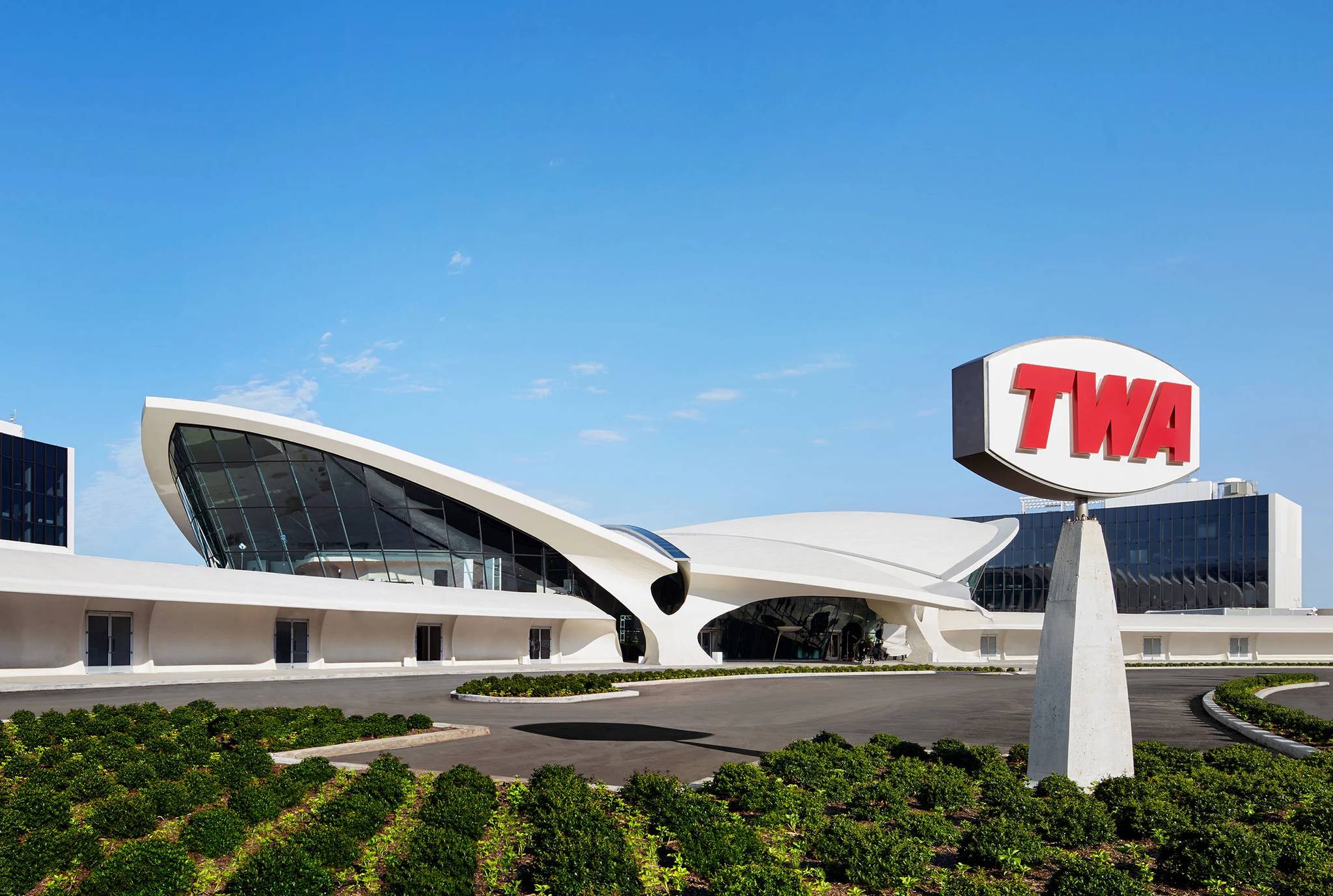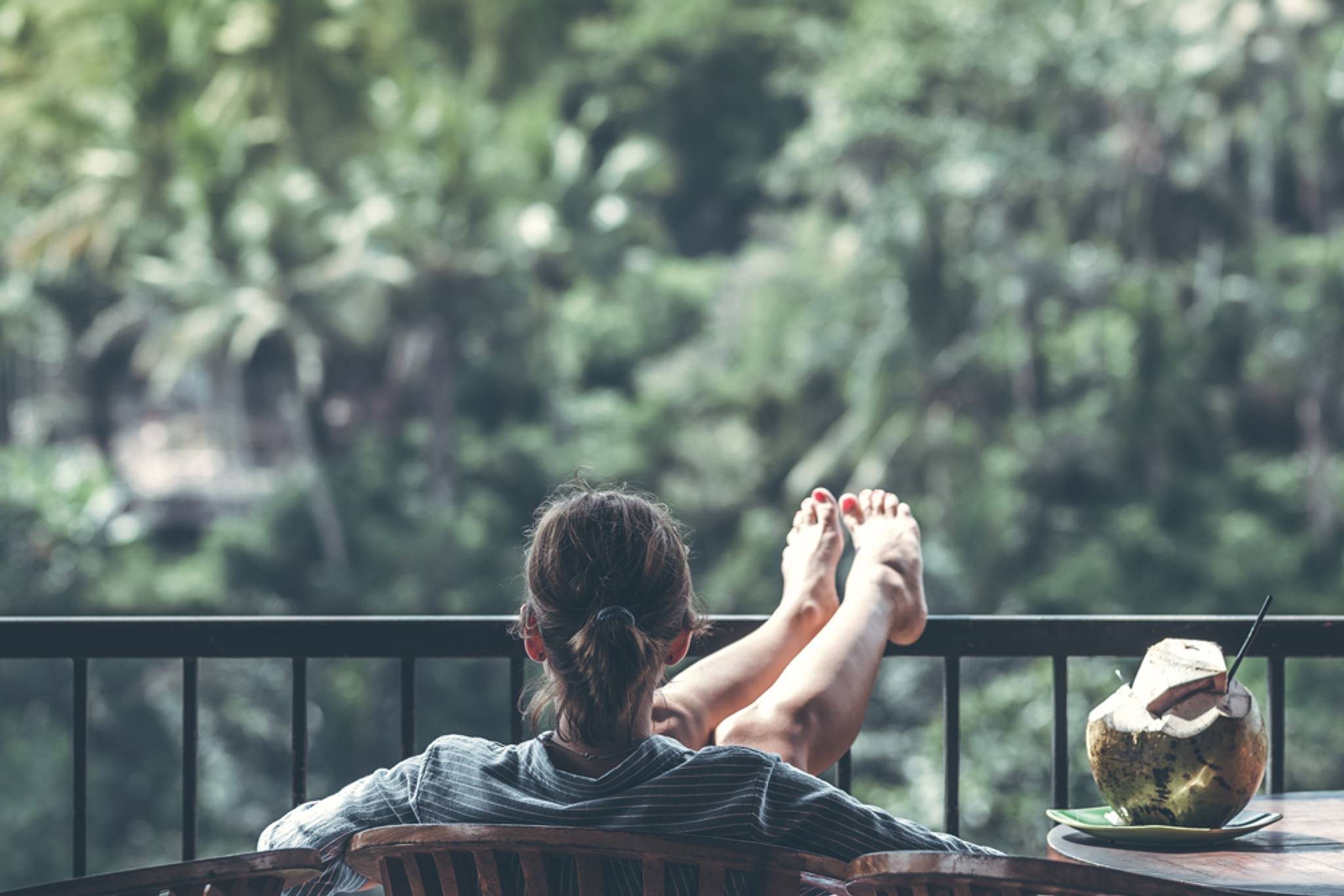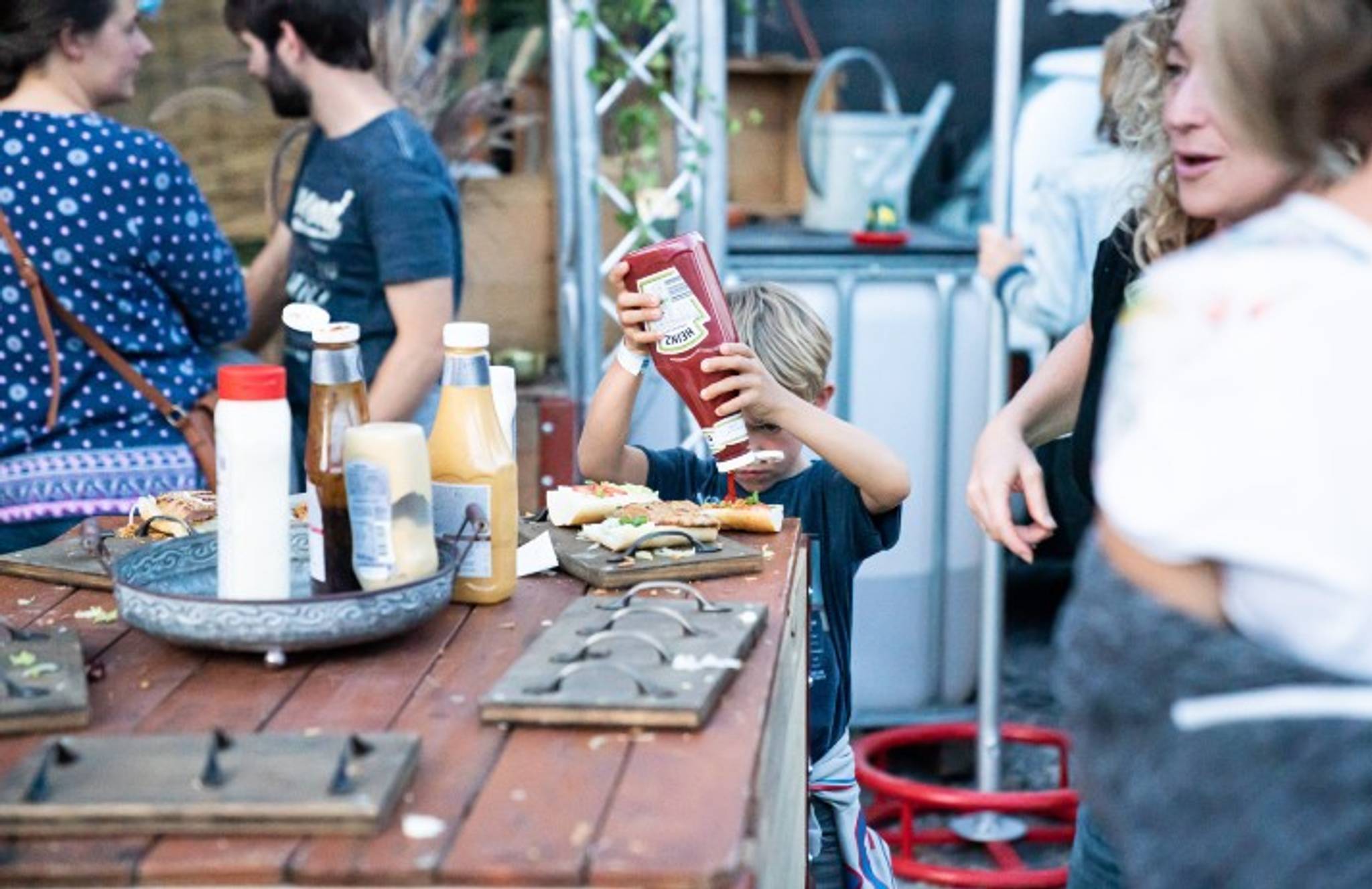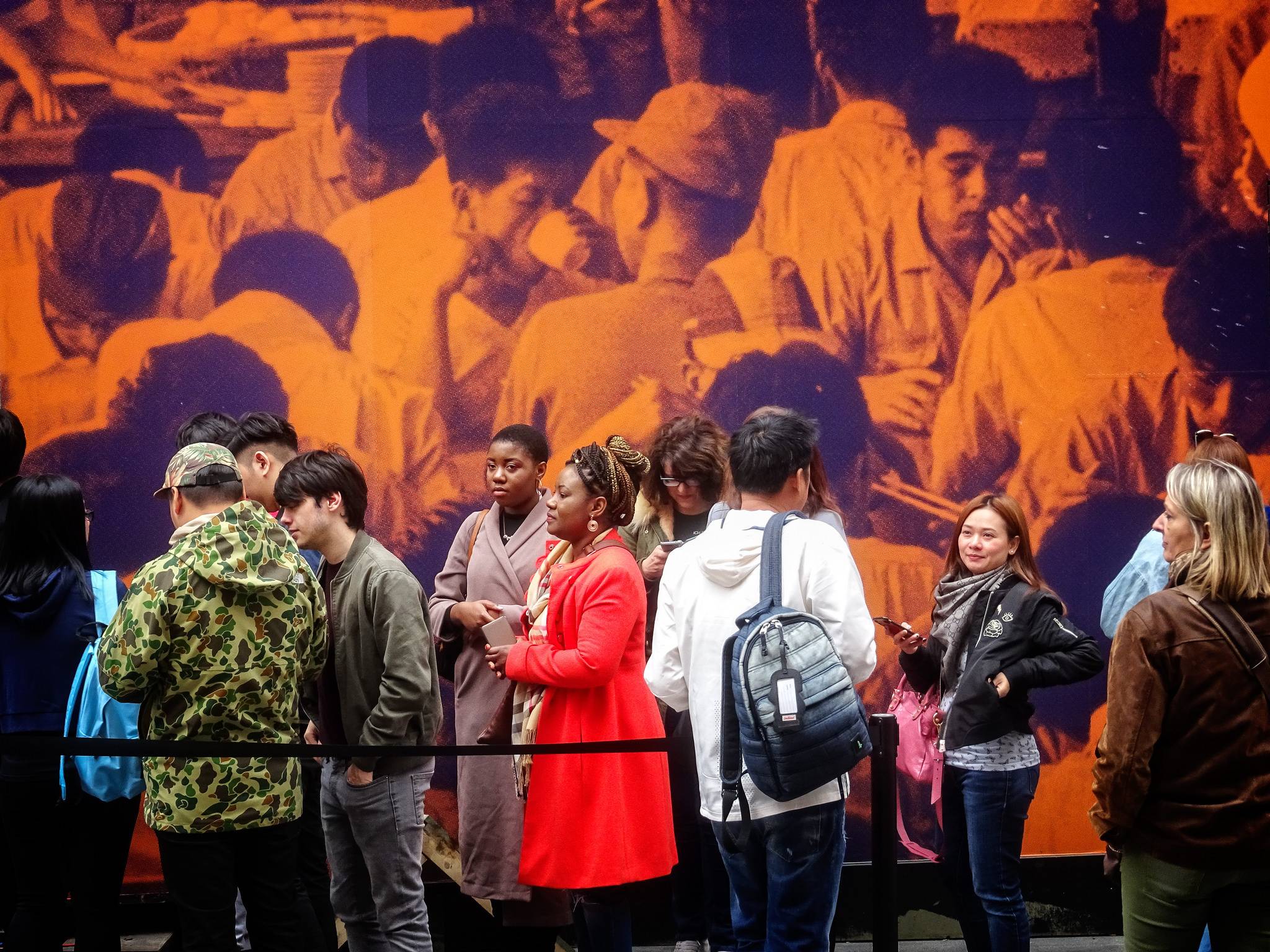Holiday escapism
Holiday dreams are being rudely brought down to earth by the realities of a travel industry on the back foot of its post-pandemic recovery. In early June, unions staged walkouts at Paris Charles de Gaulle Airport over wages, leading to the cancellation of 100 flights. In Stockholm, the excessive queues for early morning flights have seen the airport have to close the terminal building. And in the UK, the government has mandated that flight schedules be based on the resources airports expect to have available, meaning that airlines will be forced to cancel flights. The story is the same across the US. Over Memorial Day weekend, US airlines registered more than 2,800 cancelled flights and 20,644 delays.
So how can businesses help to keep people feeling good about their travel plans and support them through the chaotic months of the revenge travel boom? Uber has already made a savvy move, creating a more seamless experience for trips from the airport and allowing people to reserve cars further in advance, and TWA has gone big on reimagining the aesthetics of an airport hotel. Meanwhile, airlines such as IAG, Qantas, Emirates, Aer Lingus, and Iberia have all rolled out more premium experiences of economy, allowing passengers to upgrade their in-airport and on-flight experience without having to fork out the full investment of business class. But there’s also an opportunity for domestic tourism here – as people embrace easier, local holidays. In China, we’re seeing a rise in glamping, while platforms like Plum Guide are curating uber-luxurious homes to give staycations a luxe twist.

